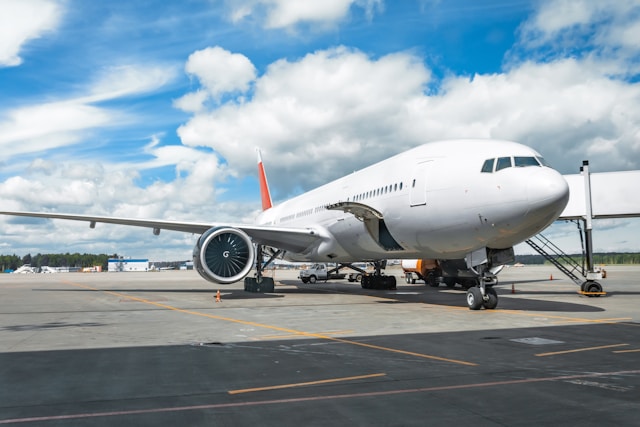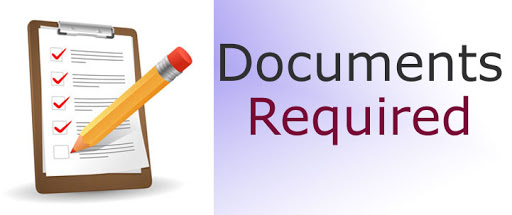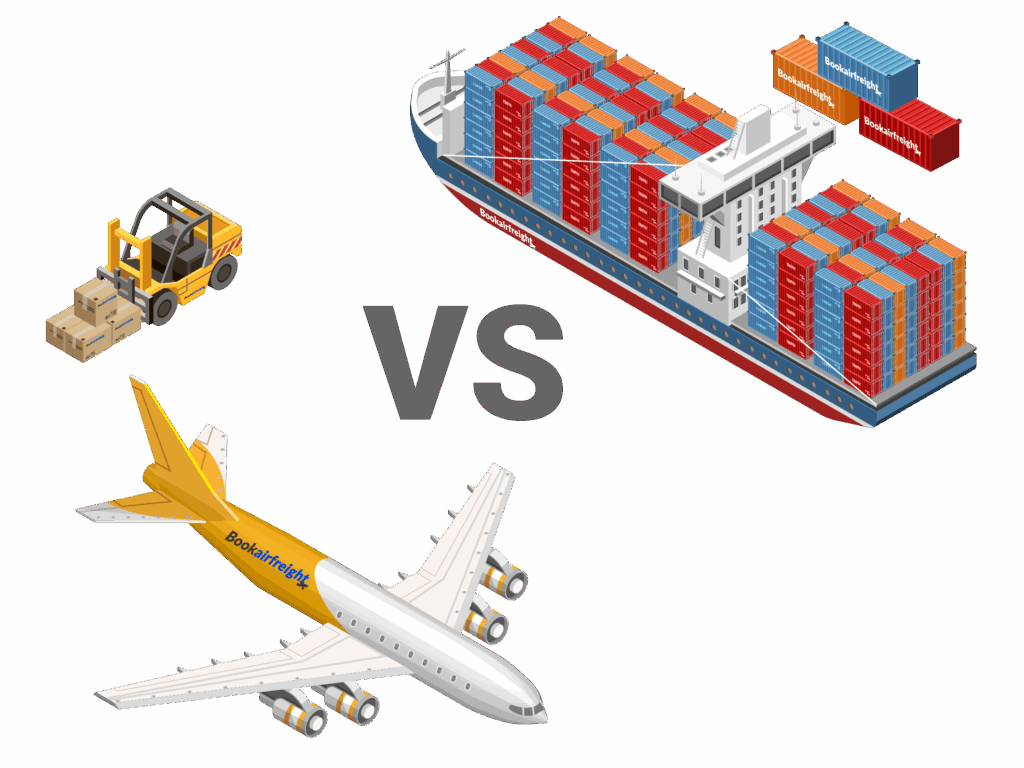- By TOP CHINA FREIGHT
- September 28, 2025
- Air Freight, Shipping
Table of Contents
Air freight shipping from China to UK has become a cornerstone of global trade, especially for companies that value speed and reliability over low cost. For importers, the challenge often lies in balancing budget with efficiency, while navigating customs, airport procedures, and fluctuating freight rates. This guide explores the entire process, from costs and transit times to customs and cargo management, giving you the tools to optimize your logistics chain.

What makes air freight a smart choice for China–UK trade?
Choosing air freight is often driven by urgency. While sea freight takes a month or longer, air freight can deliver in less than a week. This speed allows businesses to react quickly to market changes, maintain smaller inventories, and keep customers satisfied.
Air freight is also highly reliable. Airlines operate fixed schedules, and cargo handling procedures are standardized. Additionally, the risk of theft or damage is lower compared to long sea journeys. High-value items such as electronics, luxury fashion, pharmaceuticals, and precision instruments are particularly well-suited to air transport.
How long does air freight shipping usually take?
Transit times depend on route, airline, and customs clearance efficiency. Direct flights from Shanghai, Beijing, or Shenzhen to London Heathrow can have goods on UK soil in as little as 2–3 days. However, including handling at origin, customs inspections, and final delivery, door-to-door timing is usually 3–7 days.
Typical Transit Times from China to UK
| Origin Airport | Destination Airport | Direct Flight Hours | Door-to-Door Delivery |
|---|---|---|---|
| Shanghai PVG | London Heathrow LHR | 11–12 hours | 3–5 days |
| Guangzhou CAN | London Gatwick LGW | 12 hours | 4–6 days |
| Shenzhen SZX | Manchester MAN | 12–13 hours | 4–7 days |
| Beijing PEK | London Heathrow LHR | 11 hours | 3–6 days |
How much does air freight cost from China to UK?

Air freight rates are calculated based on chargeable weight, which compares actual weight with volumetric weight (L x W x H cm ÷ 6000). Airlines charge the greater of the two.
Costs fluctuate depending on peak seasons, airline capacity, and fuel surcharges. As a general reference:
Estimated Air Freight Rates
| Service Type | Cost (USD/kg) | Transit Time | Best For |
|---|---|---|---|
| Economy | $4–6 | 6–10 days | Bulk but less urgent goods |
| Standard | $6–8 | 4–7 days | General consumer products |
| Express | $8–12 | 2–5 days | Urgent, high-value items |
Moreover, additional charges such as airport handling fees, customs clearance fees, and local delivery must be considered. Importers should always request a full cost breakdown from their freight forwarder.
Which Chinese airports are best for shipping to UK?
The choice of airport can significantly influence cost and delivery times. Major Chinese hubs such as Shanghai Pudong, Guangzhou Baiyun, Shenzhen Bao’an, and Beijing Capital handle large volumes of international cargo and offer frequent flights to UK airports.
China–UK Airport Comparison
| Chinese Airport | Strengths | Ideal Cargo Types |
|---|---|---|
| Shanghai PVG | High frequency of direct UK flights, strong customs facilities | Electronics, machinery |
| Shenzhen SZX | Proximity to factories in Guangdong, fast handling | Consumer goods, e-commerce |
| Guangzhou CAN | Efficient consolidation services, lower congestion | Bulk shipments |
| Beijing PEK | Strong links to northern China suppliers | Industrial goods |
Choosing the right airport often depends on your supplier’s location and the urgency of your cargo.
What documents are required for smooth clearance?

Proper documentation ensures quick clearance at both Chinese and UK customs. Missing or inaccurate paperwork can cause delays and extra storage costs.
Air Freight Documentation Checklist
| Document | Purpose |
|---|---|
| Commercial Invoice | Declares goods’ value and description |
| Packing List | Details weight, dimensions, packaging |
| Air Waybill (AWB) | Contract of carriage with airline |
| Import License | For controlled goods |
| Customs Declaration | Required for UK entry |
Additionally, certificates of origin or compliance may be needed depending on product type.
How does customs clearance work in the UK?

When goods arrive in the UK, customs officials check documentation, classify items under HS codes, and calculate duties and VAT. Import duty rates vary by product, while VAT is generally 20%. Goods may also require compliance with product safety or health regulations.
Efficient clearance relies on:
- Accurate HS code classification
- Prompt payment of duties and VAT
- Pre-arrival submission of import documents
Delays often occur when invoices undervalue goods, or when product descriptions are vague. A freight forwarder ensures compliance, reducing the risk of penalties.
What are the pros and cons compared to sea freight?

Choosing between sea and air freight involves weighing cost against time.
| Factor | Air Freight | Sea Freight |
|---|---|---|
| Speed | 3–7 days | 25–40 days |
| Cost | High ($4–12/kg) | Low ($1000–5000 per container) |
| Reliability | Very high, frequent schedules | Variable, prone to port delays |
| Cargo Types | High-value, urgent, lightweight | Heavy machinery, bulk raw materials |
For businesses facing tight delivery windows, the extra expense of air freight can be justified by customer satisfaction and reduced inventory costs.
What factors influence air freight rates?
Prices rise during peak periods like Christmas or Chinese New Year.
Oil price fluctuations directly impact rates.
Hazardous materials or oversized cargo require special handling.
Premium airlines offer faster transit but higher costs.
Bulky goods may increase volumetric weight.
How to reduce costs without sacrificing reliability?
Importers can lower expenses by:
- Consolidating multiple small shipments into one load.
- Using deferred or economy services when deadlines allow.
- Optimizing packaging to minimize volumetric weight.
- Partnering with forwarders who negotiate volume discounts with airlines.
Moreover, maintaining flexibility in scheduling can avoid peak-season surcharges.
Can small businesses compete using air freight?
Air freight allows small businesses to remain competitive, especially in fast-moving markets like fashion and electronics. With e-commerce growth, importers increasingly rely on consolidated air freight services. These services share cargo space, lowering costs per kilogram while still providing fast delivery.
For example, an online retailer selling accessories may only import 200 kg per shipment. Instead of paying premium courier rates, they can join a consolidation program, cutting costs by 25–30% while still delivering within a week.
Case Study: Rapid Restock Saves a UK Brand

Conclusion
Air freight shipping from China to UK is the fastest, most reliable solution for time-sensitive cargo. While it carries higher costs than sea freight, its speed and security often justify the expense. By understanding cost factors, documentation requirements, customs processes, and airport choices, businesses can make informed logistics decisions. Working with a reliable freight forwarder further ensures smooth transport and fewer risks. For companies where speed and customer satisfaction matter most, air freight is a strategic advantage.
Need a Shipping Quote?
If you want expert guidance and peace of mind, our team is ready to assist.
TJ China Freight offers tailored solutions to help businesses of all sizes ship more reliably from China.

FAQ
Q1:Can I ship temperature-sensitive goods by air from China to UK?
Yes. Airlines provide cold chain solutions with special containers to keep goods at controlled temperatures, though costs are higher.
Q2:How do I avoid customs delays in the UK?
Ensure documents are accurate, HS codes are correct, and duties are paid on time. Using an experienced freight forwarder helps a lot.
Q3:Are there hidden costs in air freight shipments?
Yes. Charges like handling fees, customs clearance, and last-mile delivery are not included in freight rates. Always request an itemized quote.
Q4:Do airlines allow lithium batteries in cargo?
Yes, but they are regulated as dangerous goods. Proper packaging, labeling, and airline approval are required before shipment.
Q5:Can air freight support e-commerce fulfillment?
Absolutely. Many e-commerce sellers use air freight to restock warehouses quickly and avoid stock-outs during peak demand.
